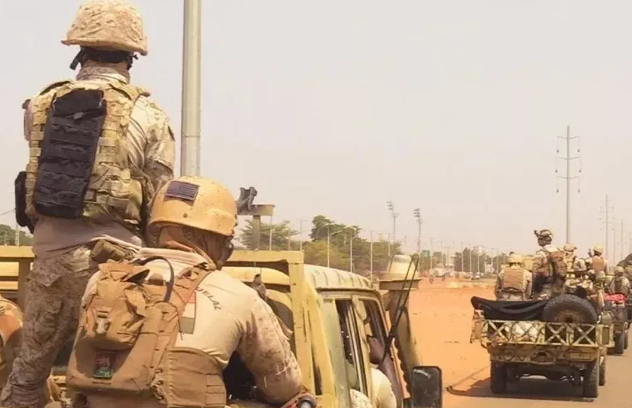US to Withdraw Troops from Niger
The U.S. Department of State has announced the commencement of planning for the withdrawal of approximately 1,000 American troops from Niger.
This decision marks a significant shift in U.S. foreign policy and military strategy in Africa, particularly in the Sahel region, a hotspot of extremist activities and geopolitical competition. This resolution came as Niger increasingly seeks military and strategic alliances with Russia, diverging from its previous alignment with Western nations.
The discussion for withdrawal was affirmed during a meeting between U.S. Deputy Secretary of State Kurt Campbell and the Prime Minister of Niger, Ali Mahaman Lamine Zeine.
The Strategic Importance of Niger and U.S. Involvement
Niger has been crucial for U.S. counter-terrorism efforts in the Sahel—an expansive region plagued by groups allied with al-Qaeda and ISIL. In particular, the U.S. military utilized Air Base 201 in Agadez, established in 2018 at a cost of over $100 million, for both manned and unmanned flights to monitor and counteract extremist groups.
This base enabled the U.S. to maintain a strategic reach across West Africa, addressing threats from ISIL and the al-Qaeda-affiliated Jama’at Nusrat al-Islam wal Muslimeen (JNIM) effectively.
Niger’s Pivot to Russia
Parallel to the U.S. military presence, recent developments indicate a growing relationship between Niger and Russia. Following a military coup in July 2023, the new military regime in Niger has demonstrated a pattern similar to its neighbors, Mali and Burkina Faso, by distancing itself from former colonial powers and seeking new alliances, namely with Russia.
This pivot reflects a broader trend in the Sahel, where Russia has increased its influence through military and security support, including the provision of military trainers and equipment.
The increasing Russian presence is partly facilitated by the Wagner Group, a private military contractor tied to the Kremlin, enhancing Russia’s leverage in the region.
Impact on Regional Security and International Relations
The withdrawal of U.S. forces and the growing Russian influence could significantly alter the security dynamics in the Sahel. The reduction of U.S. military engagement raises questions about the future of counter-terrorism operations and stability in the region. Meanwhile, Russia’s expanding footprint could lead to differing military tactics and priorities, potentially affecting the efforts to combat extremist groups.
Furthermore, the U.S. retreat is seen by some analysts as a response to changing local sentiments, where there is increasing resistance to foreign military presence. This sentiment has been manifested in public demonstrations against foreign troops, indicating a broader push for autonomy and resistance to perceived neo-colonial influences.
Broader Ramifications
This reshuffle may also influence drug trafficking routes in the Sahel, which has seen an alarming increase in drug seizures over recent years. The region’s stability, or lack thereof, has significant implications for both local populations and international efforts to combat cross-border criminal networks.
Month: Current Affairs - April, 2024
Category: International / World Current Affairs







